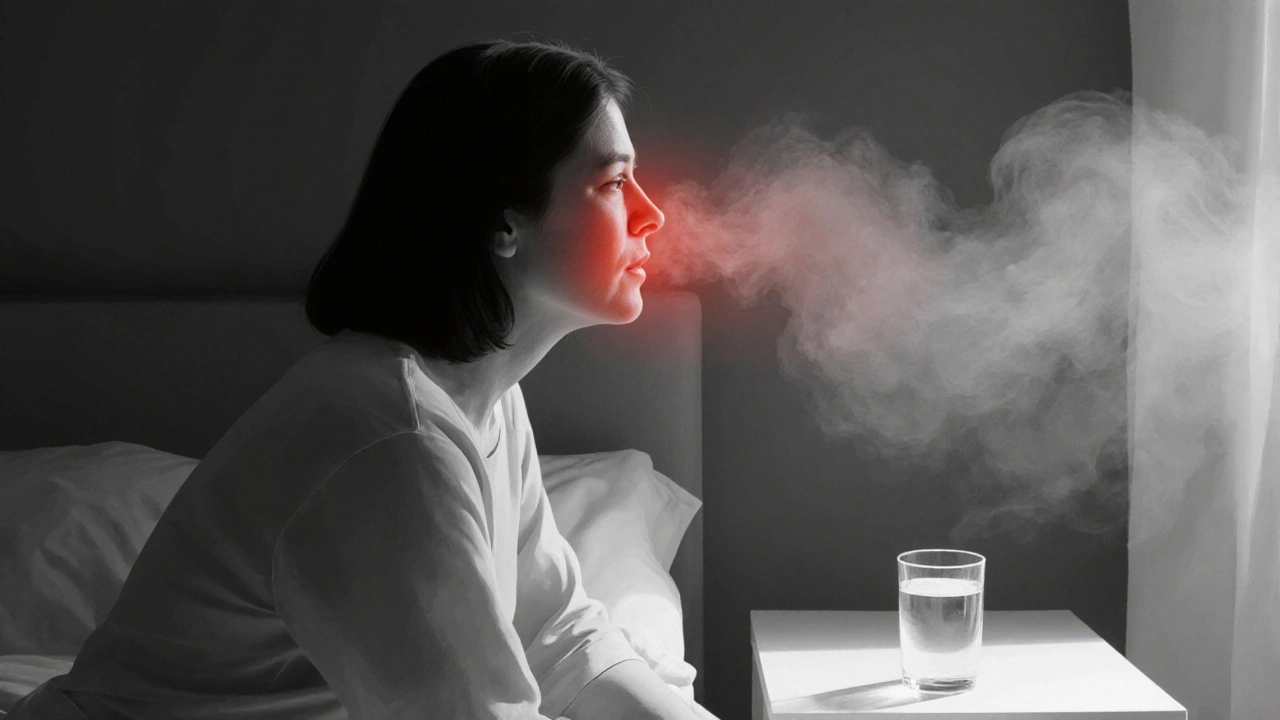Hormone Replacement Therapy: What It Is, Who It Helps, and What You Need to Know
When your body stops making enough of certain hormones, things like energy, mood, sleep, and even sex drive can go off track. Hormone replacement therapy, a medical treatment that adds back hormones your body no longer produces in sufficient amounts. Also known as HRT, it’s used to ease symptoms from menopause, low testosterone, thyroid problems, and other hormonal shifts. This isn’t about chasing youth—it’s about restoring balance so you can feel like yourself again.
Most people think of menopause, the natural drop in estrogen and progesterone that happens in middle age when they hear HRT. But it’s also used for men with low testosterone, a condition that causes fatigue, muscle loss, and low libido, and for those with underactive thyroid, where the gland doesn’t make enough hormone to keep metabolism running right. Each type of hormone needs its own approach. Estrogen isn’t the same as testosterone, and neither works like thyroid medication. Mixing them up can cause problems.
What you take, how you take it, and how long you stay on it all matter. Pills, patches, gels, and injections each have different effects and risks. Some people get relief from hot flashes within weeks. Others need to try a few options before finding what works. Blood tests help track levels, but how you feel matters just as much. And while some fear long-term use, recent studies show that for healthy women under 60, the benefits often outweigh the risks—especially when started close to menopause.
You’ll find real-world advice here on how HRT works with other meds, what side effects to watch for, and how to talk to your doctor about options that fit your life. Whether you’re dealing with night sweats, brain fog, or just feeling off, the posts below give you clear, no-fluff answers—not hype, not fear.

Estrogen’s Impact on Menopause: What Every Woman Should Know
Explore how estrogen loss drives menopause symptoms, the role of hormone replacement therapy, and practical lifestyle tips to protect bone and heart health.
Read more